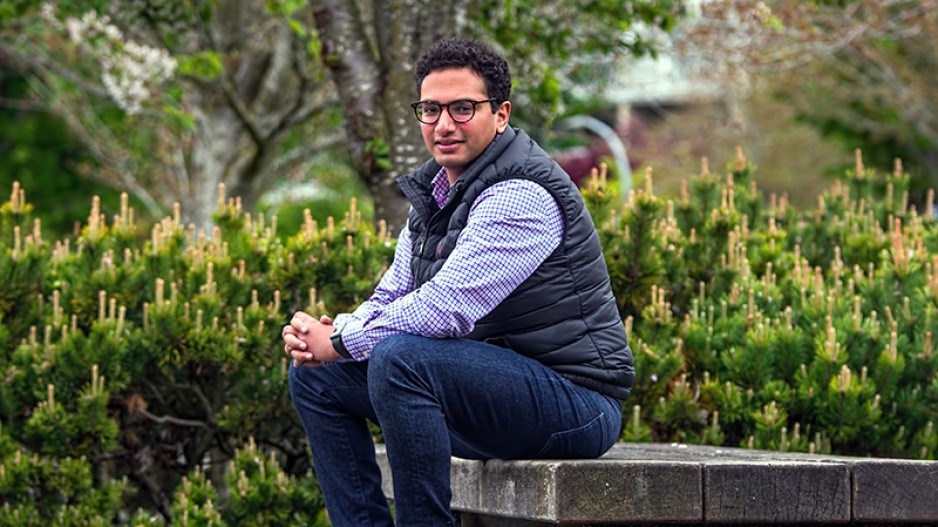Aspect Biosystems, the Vancouver company that uses 3D bioprinting to make specialized human tissue, is planning a $200 million expansion, and will be getting $73 million in senior government funding to help it.
Aspect is planning to expand its clinical biomanufacturing capabilities and pipeline of therapeutics.
As part of its Life Sciences and Biomanufacturing Strategy, the sa国际传媒 government will contribute $23.8 million towards Aspect's expansion. The federal government will contribute $49 million.
“Today’s investment in Aspect Biosystems strengthens sa国际传媒’s biotech sector, enhancing innovation and leadership in health,” said federal Minister of Innovation, Science and Industry François-Philippe Champagne.
Today’s announcement was the second today in which Champagne was on hand to announce funding. .
“This significant investment from the governments of sa国际传媒 and sa国际传媒 sends a strong signal of support for building and integrating the capabilities needed to discover, develop, and clinically manufacture new medicines for people with serious diseases,” said Aspect Biosystems CEO Tamer Mohamed.
“This is a major step forward on our bold mission to pioneer an entirely new category of regenerative medicine and build an enduring and globally leading biotech that is delivering sustainable, life-changing impact to patients at home and around the world.”
Aspect Biosystems uses bioprinting technology to engineer specialized organ tissue, including specialized pancreas cells – islets – to restore the ability of people with Type 1 diabetes to produce insulin.
Last year, Aspect Biosystems inked a collaboration deal with Danish stem cell therapy company, Novo Nordisk A/S, that provided Aspect with $100 million in initial payments and more than $800 million in potential future payments per product. The company said the agreement could ultimately be worth $3.5 billion.



